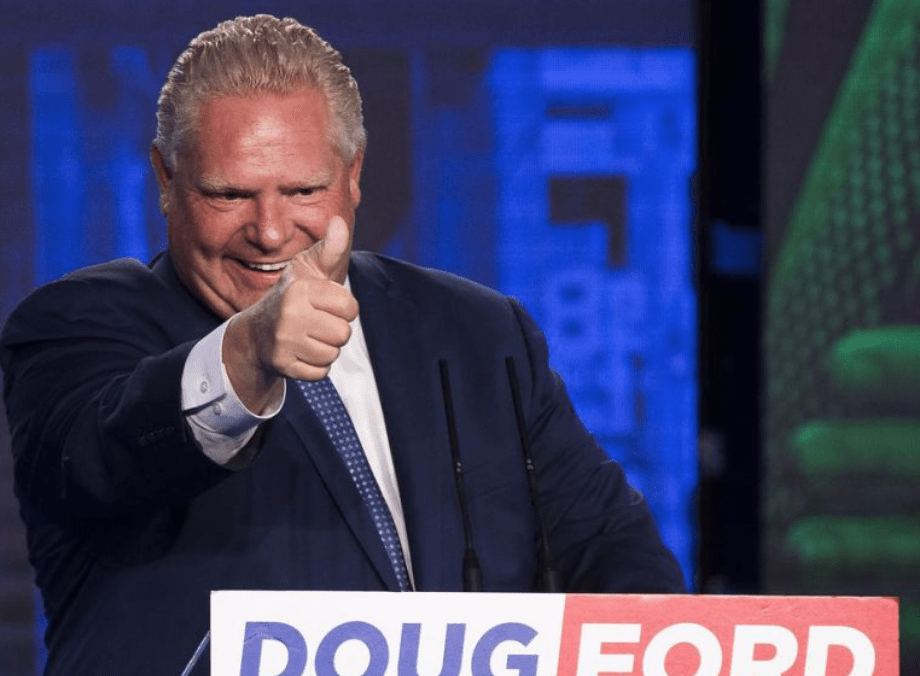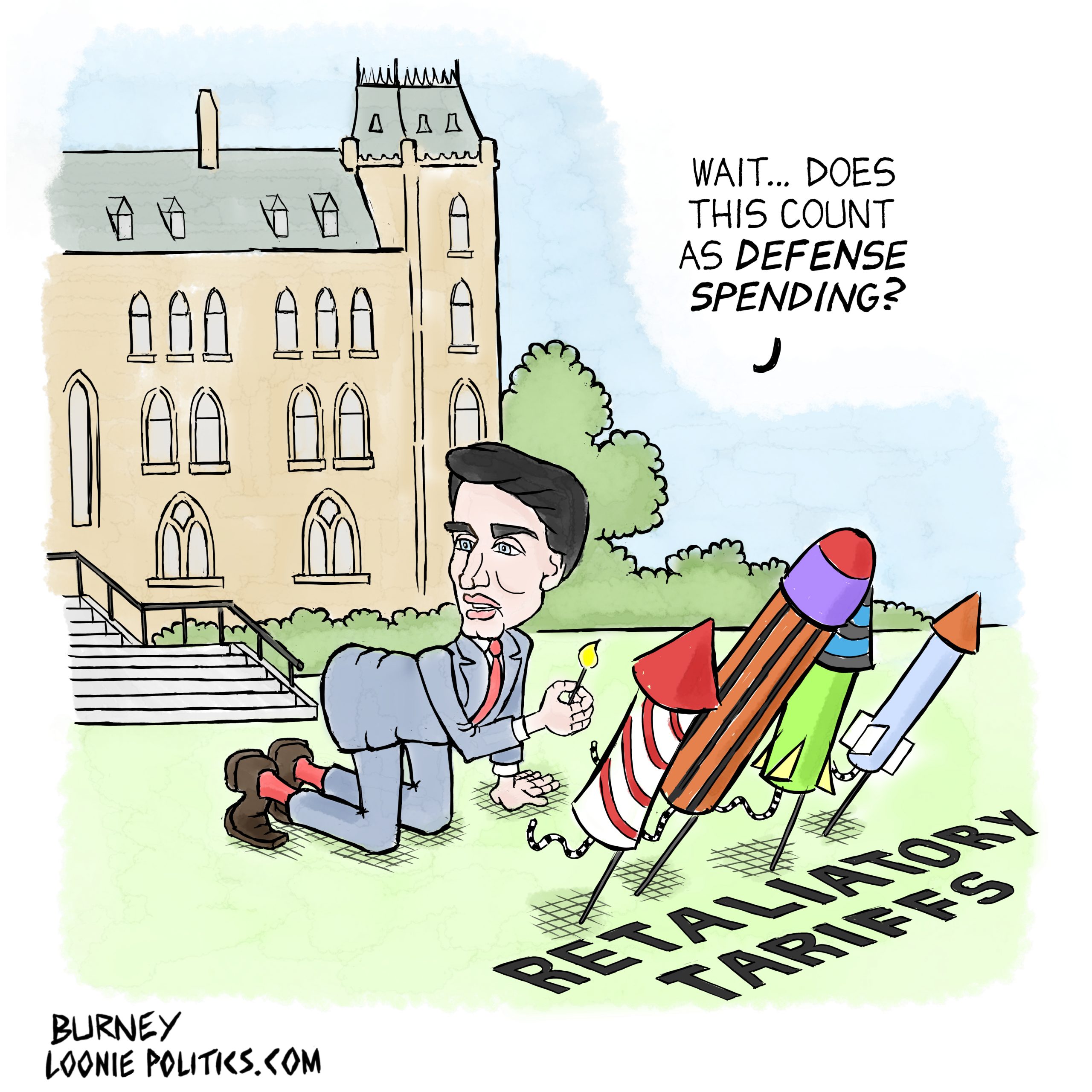At the beginning of this decade, Canada's top two (which isn't saying much) news magazines questioned whether or not many students' university degrees were still worth the investment. The Walrus's October 2012 cover story "The Uses and Abuses of University" pointed to a survey from Statistics Canada that "67 percent of parents wanted their children to go to university, compared with the 15 percent who hoped for a college or CEGEP diploma. A mere 2 percent wished for their kids to get a trade certificate." The article also discussed how BA and MA degrees are given out to more and more Canadians each year but that the demand in the jobs market has waned, with many unemployed or underpaid graduates struggling to make ends meet. Since the issue was raised back then, the hot button issue passed and governments' went in the opposite, dumb direction.
Just like when the Ontario government under the McGuinty Liberals thought it was a good idea to go all-in on green energy after European countries demonstrated how it could lead to economically disastrous consequences, the Ontario Liberal government under Premier Kathleen Wynne thought it was a good idea to unveil new additions to the Ontario Student Assistance Program (OSAP), adding "free" tuition to post-secondary students whose parents make a combined income of less than $50,000. The new program was touted as a win-win, allowing more poorer families' kids the opportunity to get postsecondary education never mind critics pointing out a high percentage of low income families' kids already get postsecondary education and that OSAP already allowed them to take out loans to be able to go to school and a good investment in the province's future workforce.
Yet, there is a glaring problem with giving this large group of young people free schooling no strings attached. Instead of giving free tuition for college, trade and university programs that are in high demand or to above average students, many students given free tuition are getting superfluous college and university degrees in an oversaturated market of BAs and MAs.
OSAP already provided a very generous, interest-free-while-in-school loan system to help students from disadvantaged families afford tuition and living costs as a postsecondary student. If these students choose wisely, their postsecondary education will provide them with a job that will help them pay back their student debt in a timely fashion and still pay dividends for years to come. If they didn't choose wisely, why should taxpayers pay the full cost of their mistake or indulgence in their choice of study?
Although I come from a middle class family, my parents expected their four children to pay their own tuition and living costs after moving out. Like many young Ontarians, my siblings and I worked in high school, worked summer jobs while in university, studied hard to get scholarships, (a couple of my siblings) borrowed money from OSAP, so that we could afford our post-secondary education. That's part of becoming an adult, paying your own way.
The additions to OSAP basically amounted to redistributing an estimated annual $145 million in axed tax credits for tuition in order to give many less deserving students who simply lucked out because the government decided their parents' income should be the deciding factor in them getting a free ride.
Looking at the dozens of registered lobbyists for Ontario universities (with ever-expanding enrollment numbers and lowering entrance grades) and the large voting bloc the Liberals could harvest in giving their families free tuition, it makes sense from a political standpoint why the Liberal government did what it did.
But Premier Doug Ford got in to clean up the waste and to make sure no one gets a free lunch. Tweaking OHIP+ so that private insurers have to pay before the government does is a no-brainer, but will ultimately only give the government very modest savings. It's a start, but if Ford is serious about tackling the provincial deficit and debt he will clawback free tuition for superfluous university and college programs.










